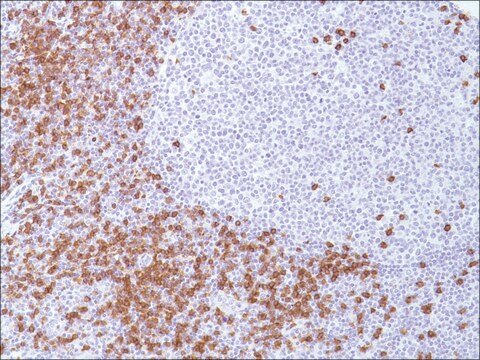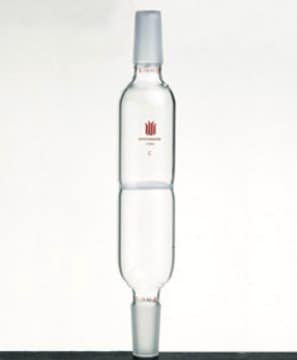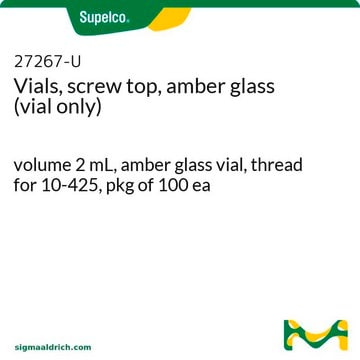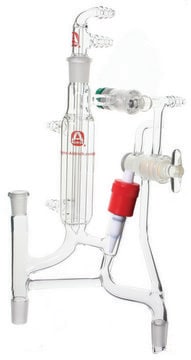07-217-I
Anti-NAG-1/GDF15
from rabbit, purified by affinity chromatography
Synonym(s):
Macrophage inhibitory cytokine 1, MIC-1, NSAID-activated gene 1 protein, NAG-1, NSAID-regulated gene 1 protein, NRG-1, Placental TGF-beta, Placental bone morphogenetic protein, Prostate differentiation factor
About This Item
Recommended Products
biological source
rabbit
Quality Level
antibody form
affinity isolated antibody
antibody product type
primary antibodies
clone
polyclonal
purified by
affinity chromatography
species reactivity
human
technique(s)
immunohistochemistry: suitable (paraffin)
western blot: suitable
NCBI accession no.
UniProt accession no.
shipped in
ambient
target post-translational modification
unmodified
General description
Specificity
Immunogen
Application
Signaling
Immunohistochemistry Analysis: A 1:1,000 dilution from a representative lot detected NAG-1/GDF15 in human placenta tissue.
Quality
Western Blotting Analysis: 2 µg/mL of this antibody detected NAG-1/GDF15 in 10 µg of LNCap Conditioned Media.
Target description
Linkage
Physical form
Storage and Stability
Other Notes
Disclaimer
Not finding the right product?
Try our Product Selector Tool.
Storage Class Code
12 - Non Combustible Liquids
WGK
WGK 1
Certificates of Analysis (COA)
Search for Certificates of Analysis (COA) by entering the products Lot/Batch Number. Lot and Batch Numbers can be found on a product’s label following the words ‘Lot’ or ‘Batch’.
Already Own This Product?
Find documentation for the products that you have recently purchased in the Document Library.
Our team of scientists has experience in all areas of research including Life Science, Material Science, Chemical Synthesis, Chromatography, Analytical and many others.
Contact Technical Service








